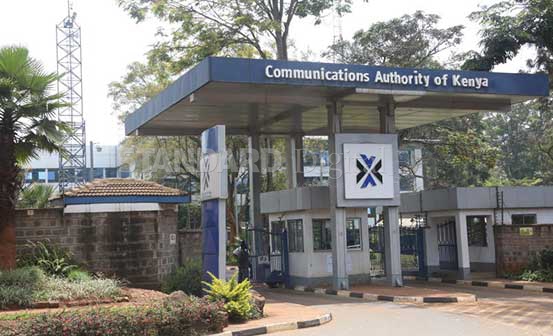×
The Standard e-Paper
Join Thousands Daily

NAIROBI: Adrian Kamotho Njenga sent a job application on email that was never delivered, setting up the Communications Authority for what would be a long and vicious boardroom war.
He hoped to beat the deadline that was minutes away, only to receive an undelivered notification.







